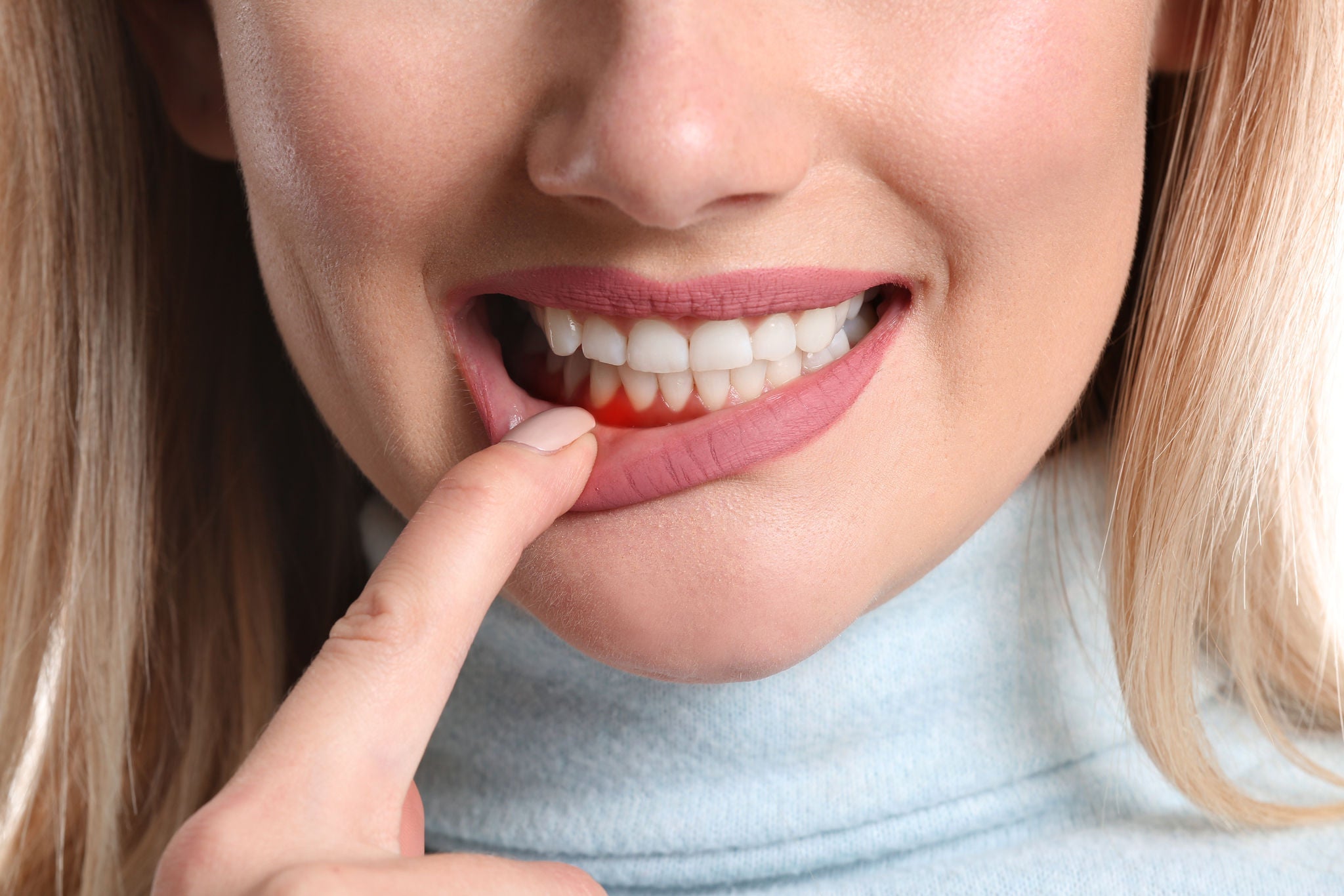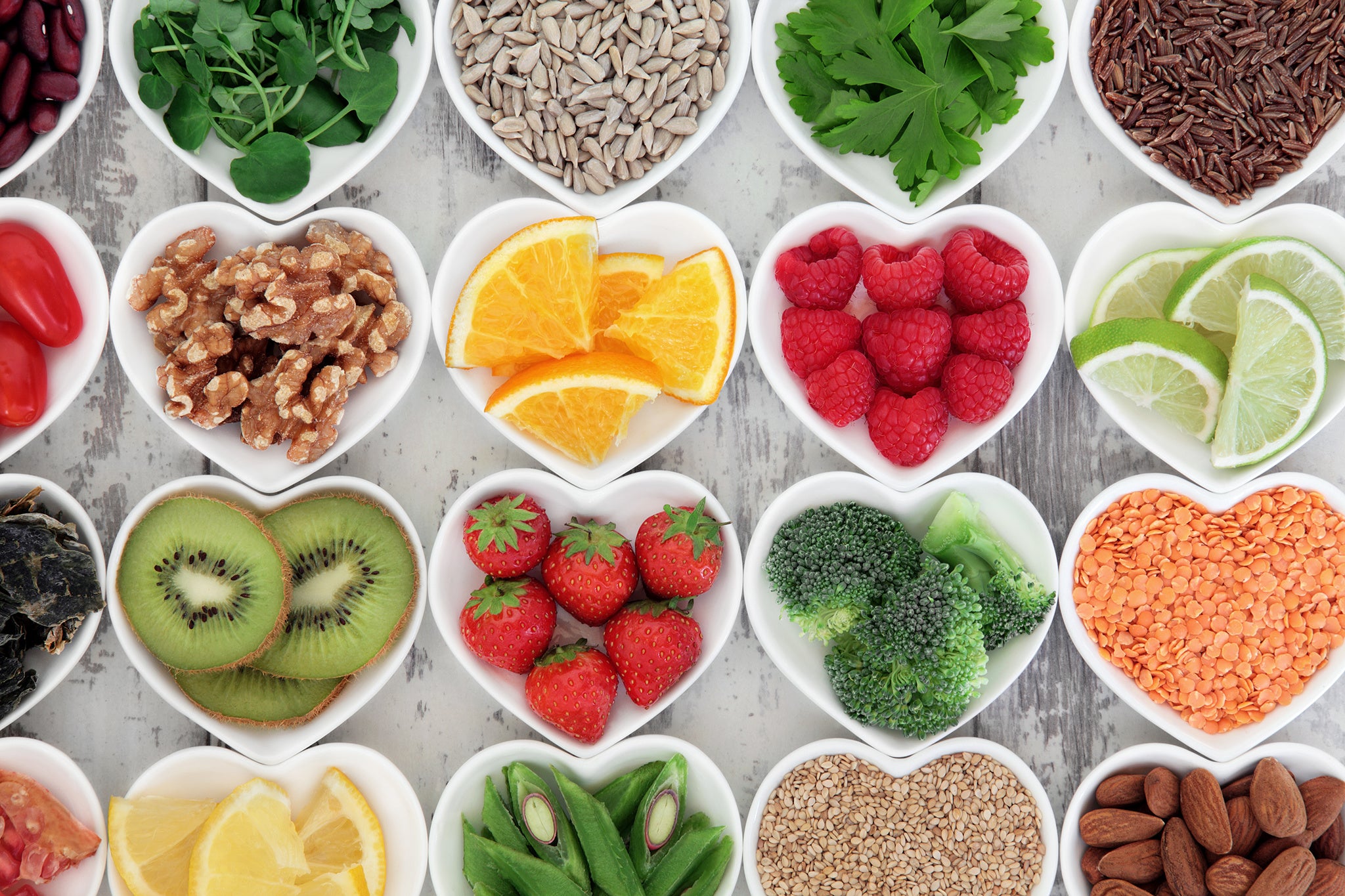
5 Foods That Help Gingivitis and Boost Oral Health
In the epic story of your oral health, there are many villains. One of the most sinister and nefarious among them is gingivitis, which causes inflammation of the gums.

Luckily, there are many powerful forces working in your favor as you strive to keep these malevolent maladies at bay. These include a regular ritual of comprehensive home oral care, expert guidance from your dentist, and a generally healthy lifestyle.
Part of that last focus, of course, includes your diet. The foods you eat can have a profound effect on your oral health outcomes, and many are specifically helpful in combating gingivitis and gum disease.
5 food choices that help prevent gingivitis
Periodontitis is one of the many chronic diseases that has been strongly linked to nutrition. Research shows that:
- High-sugar, high-saturated fat, low-polyols, low-fiber and low-polyunsaturated-fat intake causes an increased risk of periodontal diseases.
- Conversely, low-sugar, high-fiber and high-omega-6-to-omega-3 fatty acid ratio intake reduces the risk of periodontal diseases.
With this in mind, let’s explore some healthy food choices that fill the latter criteria and steer clear of the first.
Fresh fruits and vegetables
You’ve been told since early childhood how important they are to a balanced and healthy diet. Fruits and veggies are good for you in all sorts of ways, and oral health is among them! These plant-based foods tend to be high in fiber while also containing beneficial unsaturated fats. Be advised: many fruits do have high contents of sugar, so keep moderation in mind.
Another thing to consider when choosing to eat fruit: the acidity of some fruits, such as citrus and pineapple, weakens your enamel. To give your teeth time to recover and avoid erosion, try to limit the frequency of eating acidic fruit, rinse your mouth with water and wait for at least 30 minutes after eating them before brushing your teeth.

Probiotics
A key aspect of gum health is maintaining a healthy balance in your oral microbiome – the ecosystem of microscopic bacteria within your mouth. Certain “good bacteria” – specifically a group called Lactobacilli, which can be obtained through probiotics – can help support this healthy balance and help with maintaining healthy gums. You’ll find these helpful complementary live bacteria in a variety of sources, including some yogurts, kombucha, and tablets.
Nuts and seeds
Nuts and seeds offer a variety of benefits specific to oral health. For example, walnuts are great sources of omega-3 fatty acids, which have anti-inflammatory properties. Almonds are extremely rich in fiber. These types of foods have an added benefit in that the process of vigorously chewing them helps clean your mouth and increase salivary production.
Whole grains
As mentioned above, dietary fiber intake has been shown to lower the risk of periodontal disease. Whole grains in particular have been linked to a positive impact, so load up on the brown rice, oatmeal, and whole-grain breads and pastas.
Sugar-free gum
One of the most important nutritional guidelines with regards to gum health is less about what you should consume, and more about what you shouldn’t. Specifically, we’re talking about dietary sugar. Because it feeds the bad bacteria in your mouth, sugar can be a significant contributor to gum disease and tooth decay. Chewing sugar-free gum helps satiate your “sweet tooth” without compromising your dental heath. Additionally, the act of chewing the gum can help dislodge food and keep your mouth clean!
Defeat gingivitis with help from healthy foods
In the battle against gingivitis, you have many techniques and tools at your disposal. Incorporating the above foods into your diet will help keep gum disease at bay while also supporting an overall healthy lifestyle.
Your hero quest is only beginning. Fuel your body the right way and push the odds in your favor.
